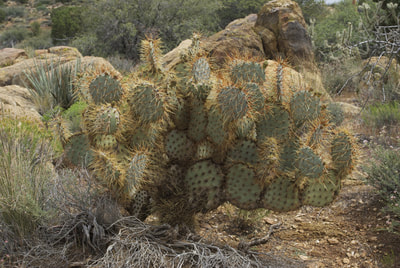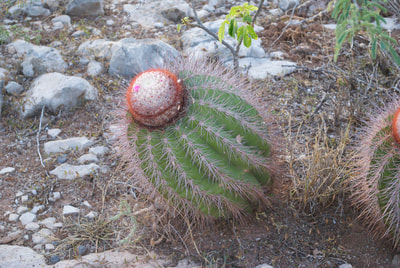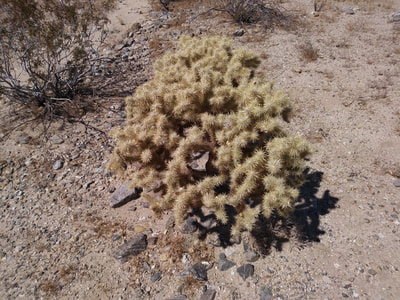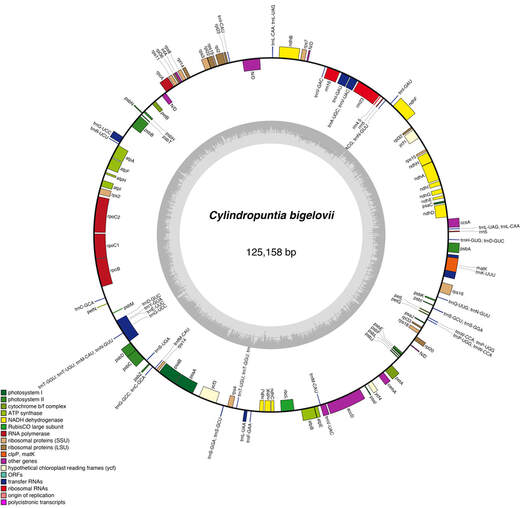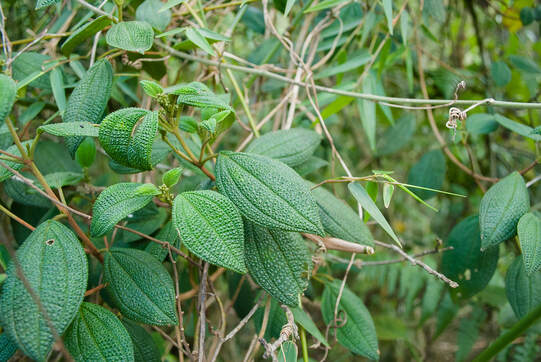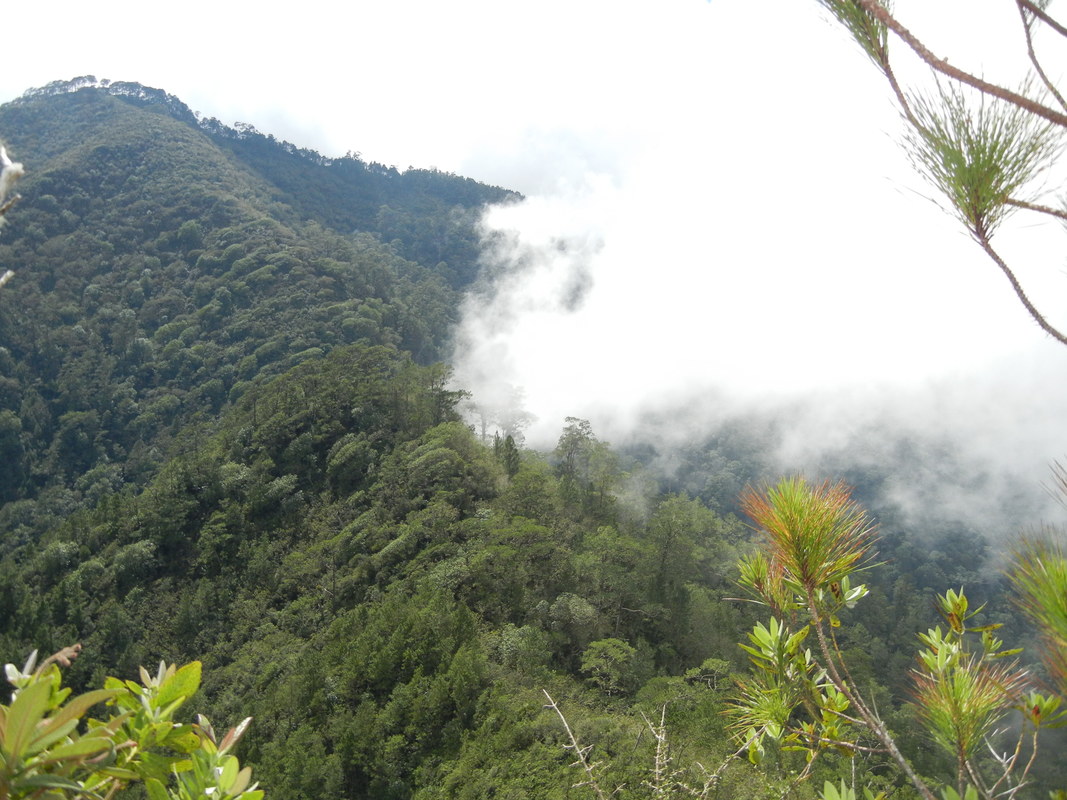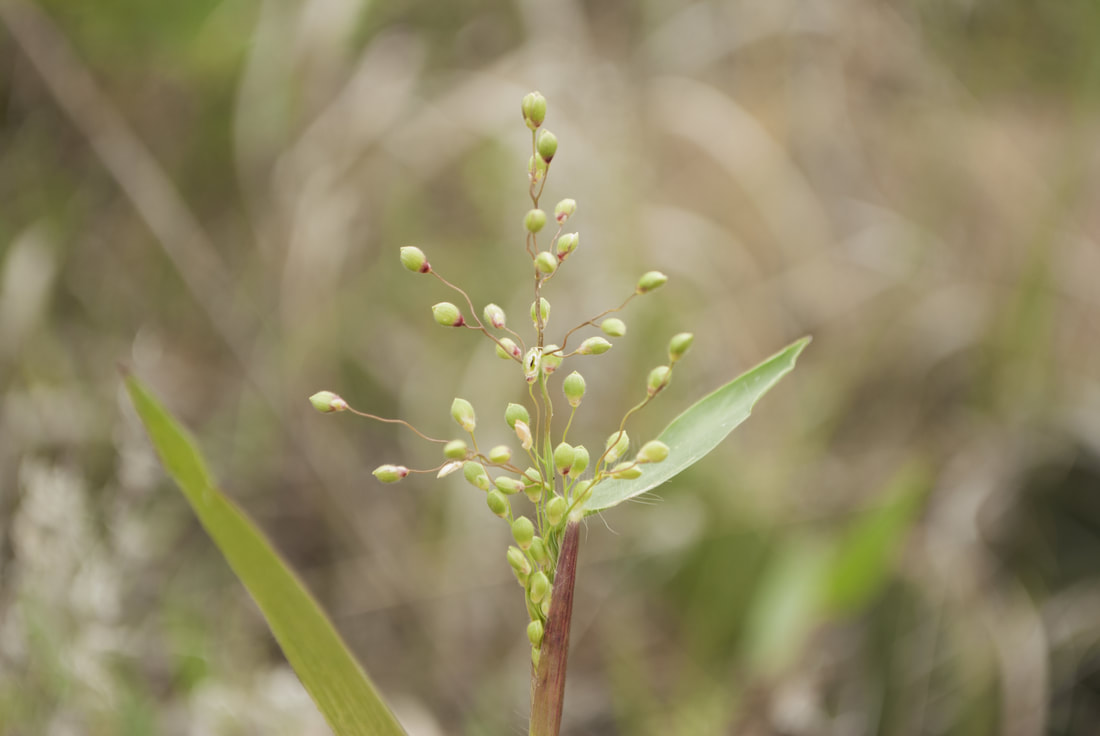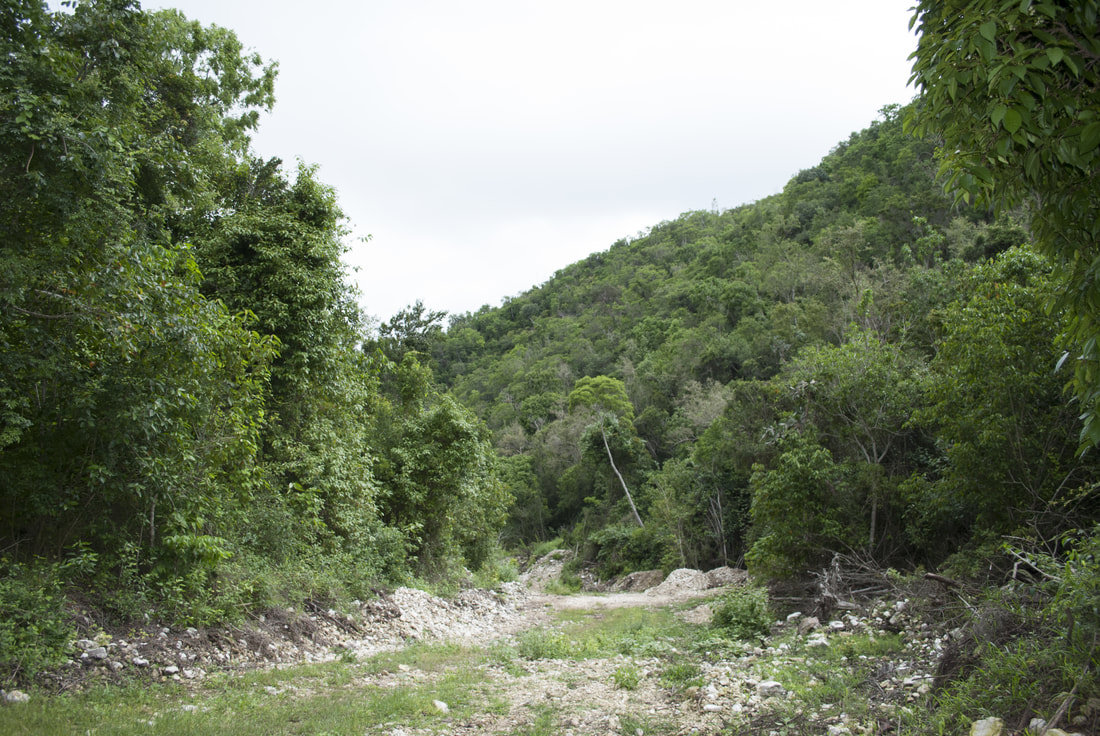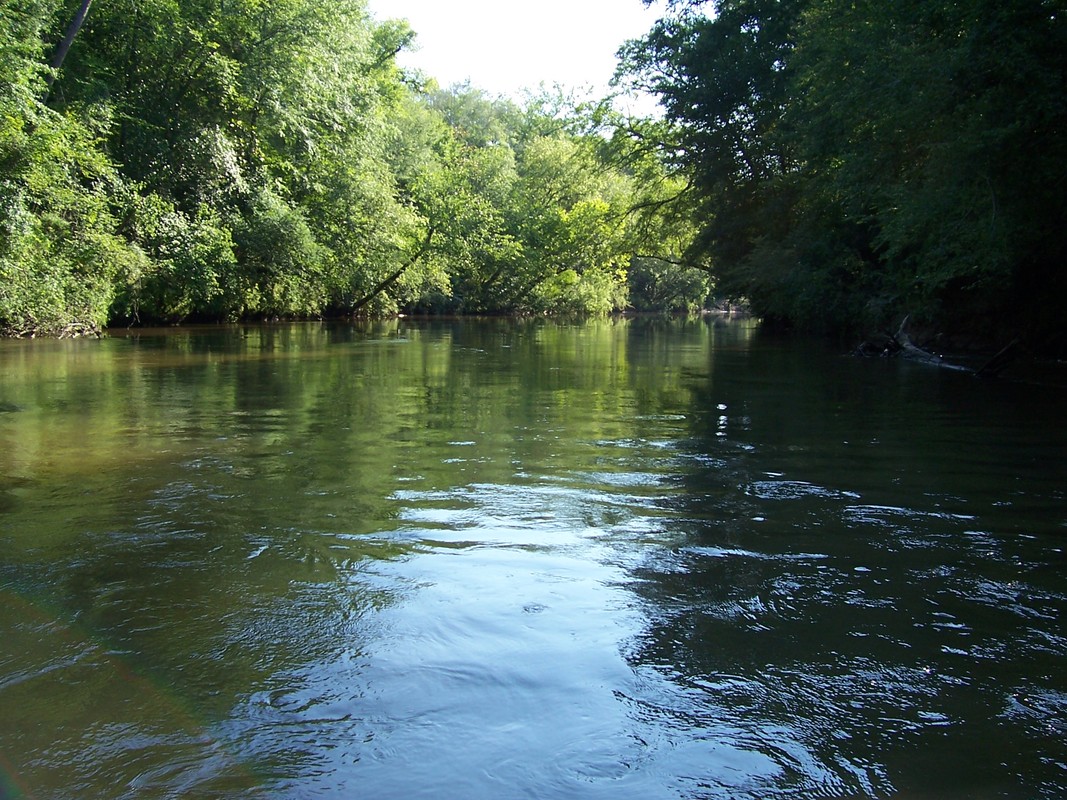Phylogenetics and Systematics of Cactaceae
In the lab, we focus on a variety of groups of Cactaceae, especially focusing on subfamily Opuntioideae (prickly pears and relatives) and cacti of the Greater Antilles. By reconstructing phylogenetic relationships in these groups, we can provide more robust hypotheses for some of the fundamental questions about their biogeographic history, morphological evolution and speciation. Cytogenetic and morphological analyses of cacti also is paramount to understanding species delimitation in this taxonomically complex group. This work is carried out in collaboration with numerous researchers throughout the Americas. Click below to find out more about this project.
